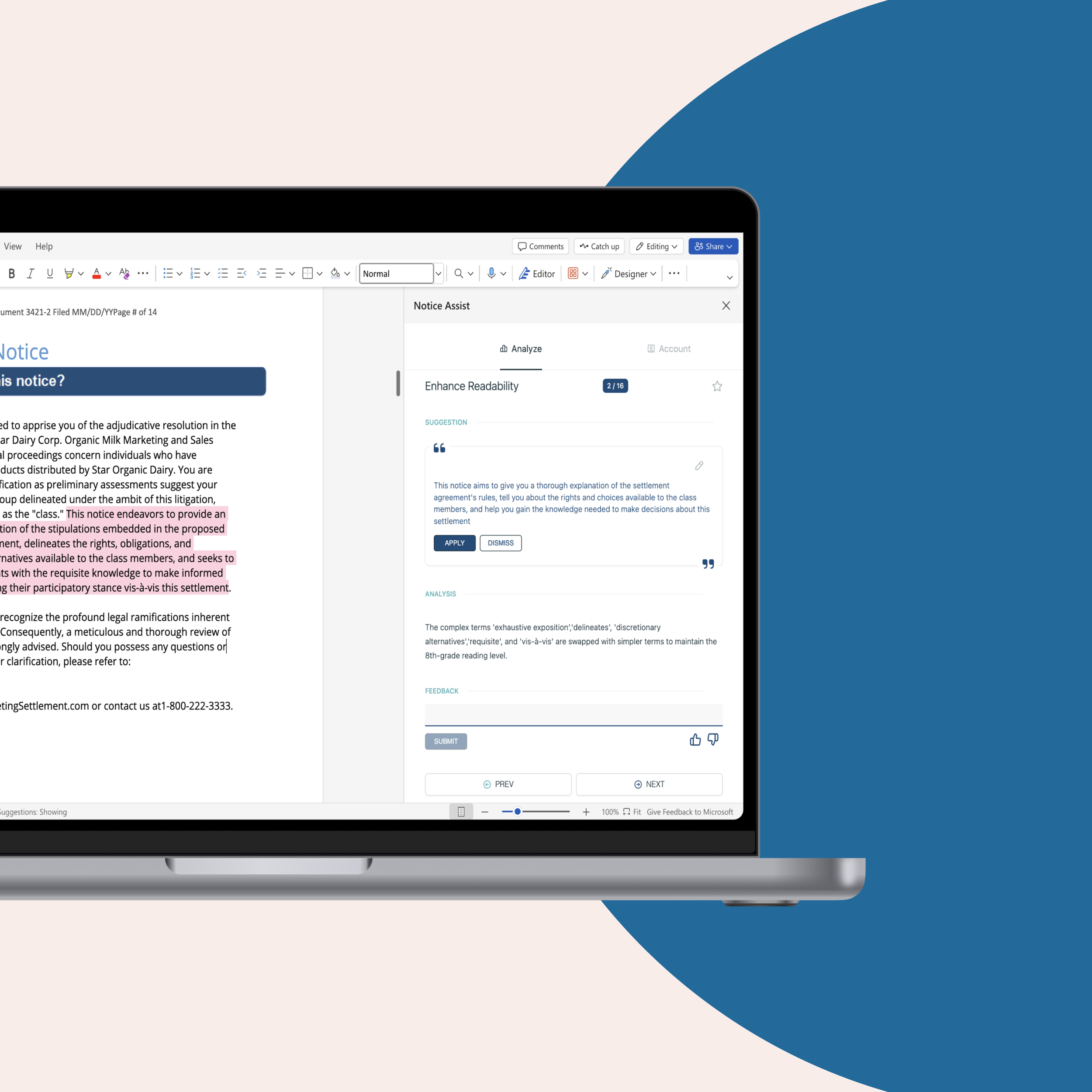Defending the use of Class Actions for Enforcement of Civil Rights Laws
Lynnette Miner, Litigation Fellow
Impact Fund Submits Amicus Brief to Ninth Circuit in Civil Rights Education & Enforcement Center v. Hospitality Properties Trust, Case No. 16-80055
It's a fact of life that long-awaited vacations can sometimes be spoiled by an ill-timed rain storm, lost luggage, or a bad reaction to that local street food. But discrimination?
Plaintiffs Ann Cupolo-Freeman, Ruthee Goldkorn, and Julie Reiskin use wheelchairs for mobility and were denied equal access to hotel transportation services at hotels owned by Defendant Hospitality Properties Trust (“HPT”). HPT owns approximately 300 hotels across 38 states, including properties managed by Marriott International, Wyndham Hotel Group, and InterContinental Hotels Group (which in turn owns the Kimpton and Holiday Inn hotel chains, among others).
Ms. Cupolo-Freeman, Ms. Goldkorn, Ms. Reiskin, and their expert, Dr. Michael Quinn, uncovered numerous obstacles to accessing equivalent transportation at HPT hotels that provide transportation services to guests, including lack of wheelchair-accessible shuttle services, lack of information about wheelchair-accessible transportation services, and additional requirements such as payment or advance notice that are not required of hotel guests who do not use wheelchairs. Based on evidence of widespread violations of the Americans with Disabilities Act (“ADA”), Plaintiffs filed a class action lawsuit against HPT, seeking injunctive relief. Plaintiffs allege at least 90% of the HPT hotels that offer transportation services fail to comply with the Equivalent Transportation Requirements of the ADA.
The district court denied class certification, however, finding a lack of “commonality” as required by Rule 23(a) of the Federal Rules of Civil Procedure. Even though HPT acknowledged that its hotels must comply with the ADA and that it would be liable for any ADA violations by its hotels, the district court nevertheless concluded that the commonality requirement was not met because HPT lacked a formal system-wide policy governing hotel transportation services, which in and of itself did not violate the law. Plaintiffs asked the Ninth Circuit for permission to appeal the district court’s decision denying class certification.
On Friday, the Impact Fund and ten other legal non-profit organizations filed an amicus brief in the Ninth Circuit in support of Ms. Cupolo-Freeman, Ms. Goldkorn, and Ms. Reiskin’s petition in Civil Rights Education & Enforcement Center v. Hospitality Properties Trust, Case No. 16-80055. We and our fellow amici sought to provide context on Rule 23’s purpose of facilitating civil rights class actions challenging both action and systemic inaction that violate the law. We argued, “Ignoring Respondent’s affirmative duty [to ensure its hotels comply with the ADA] and instead focusing on whether it implemented a formal policy of compliance misses the forest for the trees, and threatens class actions based on systemic failures to comply with duties imposed by law.”
Impact Fund was joined by Arizona Center for Disability Law, Disability Rights Advocates, Disability Rights California, Disability Rights Education and Defense Fund, Disability Rights Oregon, Legal Aid Association of California, Legal Aid Society – Employment Law Center, National Association of the Deaf, National Federation of the Blind, and Worksafe.
Plaintiffs are represented by Timothy P. Fox, Bill Lann Lee, and Julie Wilensky of the Civil Rights Education and Enforcement Center (CREEC), and Julia Campins of Campins Benham-Baker, LLP.











